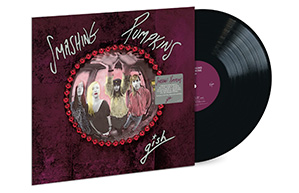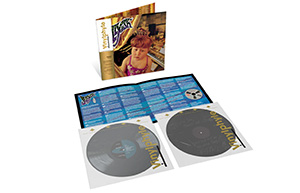Frank Sinatra’s Poignant ‘Watertown’ For Newly Mixed And Remastered Editions
The 1970 album told the poignant story of a working man with children whose wife suddenly leaves him.

Frank Sinatra’s remarkable 1970 album Watertown will be reissued in newly mixed and remastered editions by Frank Sinatra Enterprises and UMe on June 3. It will be available in its original album sequence on vinyl, while the CD and digital editions will feature eight bonus tracks.
Watertown was a dramatic stylistic turn in Sinatra’s peerless career, a concept LP that told the poignant story of a working man with children whose wife suddenly leaves him. This depiction of personal tragedy was expressed in songs that evoked great sadness, but that also ultimately described personal resilience, on a record now recognized as a masterpiece of drama and heartbreak.
The bonus tracks include session takes from the recording, as well as two radio ads and “Lady Day,” which was not part of the Watertown concept. The updated edition has been produced by Charles Pignone from the new mixes created by longtime Sinatra engineer Larry Walsh. They are the team who were also behind the recent FSE/UMe releases Sings for Only the Lonely and Nice ‘N’ Easy.
As well as a recreation of the original packaging, the CD and digital editions will also feature new liner notes, a track-by-track breakdown from songwriter and album producer Bob Gaudio of the Four Seasons, as well as quotes from Sinatra, and essays by Frankie Valli, co-writer Jake Holmes, and others involved in the original project.
When Watertown was first released in March 1970, neither fans nor critics were prepared for such a radical change of artistic direction from Sinatra. But in time, the album has grown in stature to gain the recognition it always deserved. In 2007, The Guardian described it as “one of [Sinatra’s] greatest masterpieces.”
Then in 2015, The Observer reflected that “it made some sense that Sinatra would attempt a story-driven concept album, considering he had helped pioneer the thematic concept LP in the 1950s. But on Watertown, Sinatra did something truly risky: he told an entire album-length story from the point of view of [a] character that is most definitely not Frank Sinatra.” Gaudio’s essay explains that Sinatra, with a level of empathy only he could achieve, was “reaching down into a man’s soul and feeling his pain and still finding hope.”










